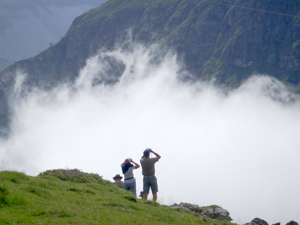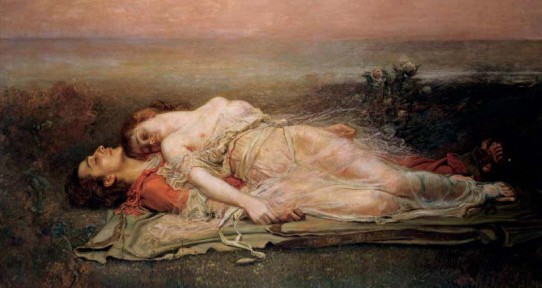Q: At the end of the day, what does knowledge of self give us ?
It does not help answer the burning question of why the appearance/dream/mAyA that we are experiencing as humans or animals exists.
(I am not clear on this one but..) It appears that even though one attains knowledge of self in one janma, he/she can actually become a cockroach in the next due to karmic effect, i.e. we are not really liberated from the birth-death cycle.
The only benefit I do see in a janma where one attains knowledge of self is that such a person might lead a life devoid of misery in the mind as they sail through good and bad times (although they may still experience physical pain).
A (Sitara): In Advaita Vedanta we ask the question “who or what is the true Self” because we trust (in the scriptures and/or statements of those who claim to have answered this question for themselves) that the true Self is one without a second, meaning the true Self is all there is. So knowledge of the true Self, i.e. Self-realization, equals the realization that the perceived world is nothing but the Self alone. As to why it is perceived as world and not as the Self there are many answers within Advaita Vedanta and in Sri Atmanandaji’s Direct Path. I cannot sum them up in a few sentences, as they belong to an extended teaching methodology. I recommend, for a taste, to watch an interview with Greg Goode.) Continue reading



